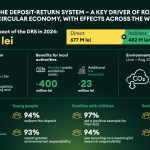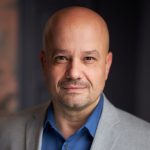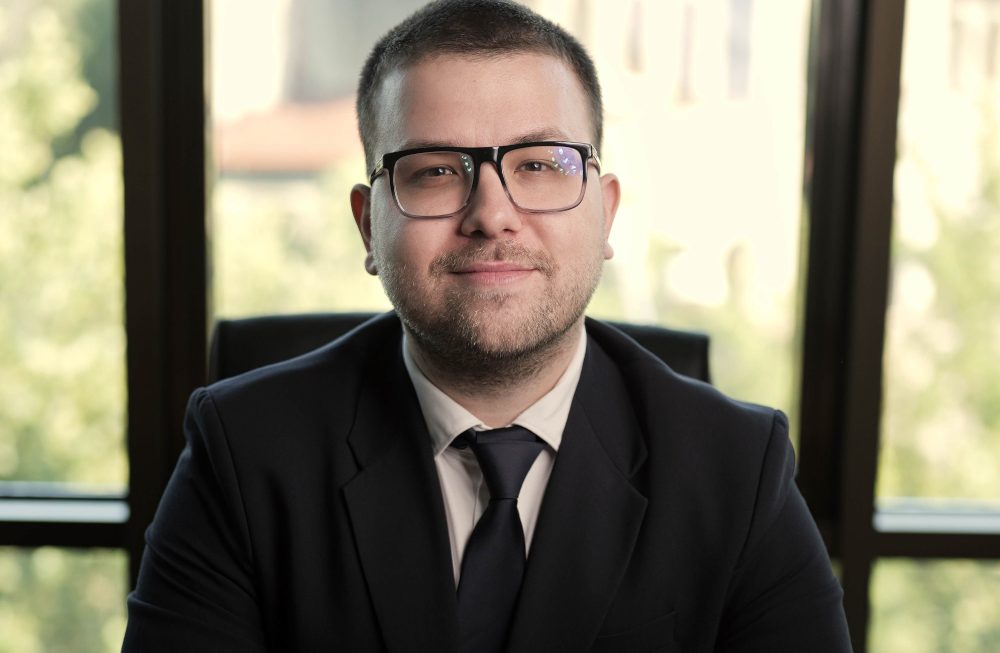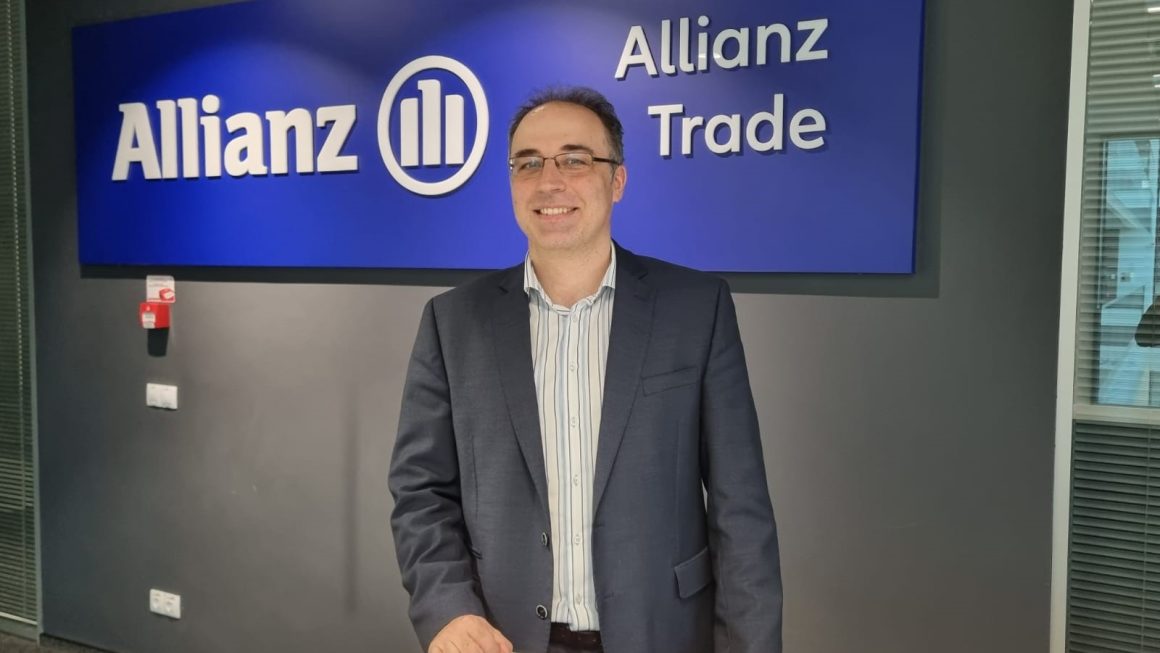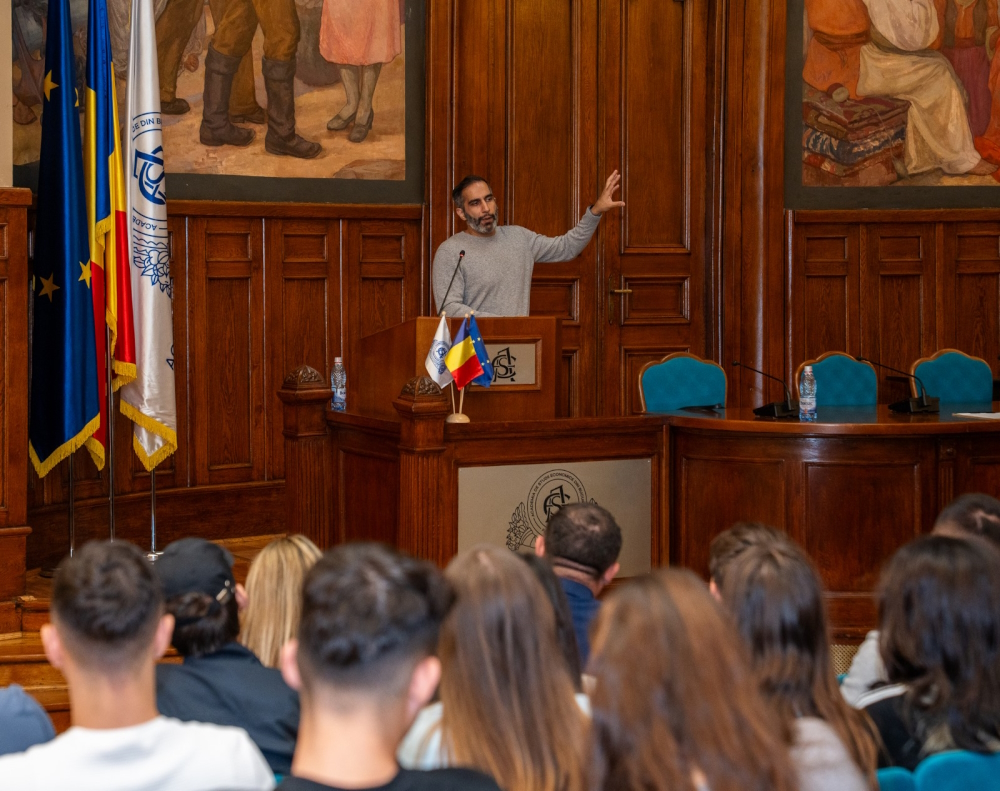
Short-term profit vs. sustainable future: Tariq Fancy warns in Bucharest about the risks of a short-sighted economy
In Bucharest, former BlackRock Chief Investment Officer for Sustainable Investing and Stanford University professor Tariq Fancy emphasized the urgent need for a paradigm shift in how leaders and institutions approach sustainability. Speaking at an event organized by the Embassy of Sustainability in Romania, Fancy argued that the real divide in modern society is no longer between left and right, but between short-term and long-term thinking.
He criticized the disproportionate influence of money in politics, saying that current systems prioritize quarterly profits over sustainable investments, creating a structural disadvantage for younger generations who will bear the costs of short-term economic policies.
Fancy compared China’s long-term industrial strategy, particularly in the electric vehicle sector, with the short-term tendencies of Western markets driven by immediate results. He drew a parallel between the speculative boom in Artificial Intelligence and the current correction in ESG investing, suggesting that both signal opportunities for those who focus on genuine long-term value.
Encouraging students to focus on climate technologies, energy transition, and real sustainability solutions, Fancy urged them to become civically active and organized: “Your generation must organize to protect its interests and build a political system that represents you,” he stated.
Bucharest Business School Dean, Professor Vasile Strat, highlighted the academic community’s role in preparing future business leaders who understand that long-term prosperity must prevail over short-term gain.
The debate, titled “Has Your Generation Been Overlooked?”, was part of Sustenlandia CEO Forum 2025, held at Bucharest Business School on November 3–4, organized by the Embassy of Sustainability in Romania in partnership with The CSR Agency. The event gathered students, academics, and business executives to discuss how sustainability is reshaping global economic strategy.








